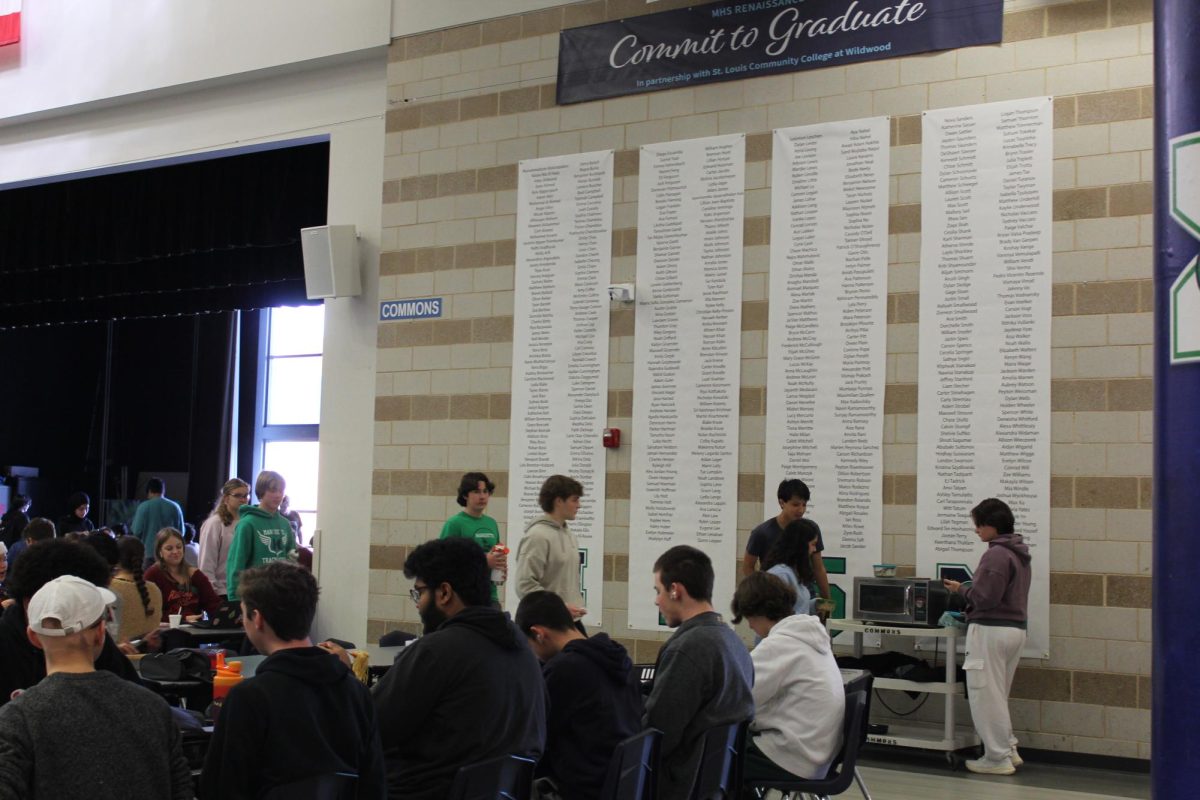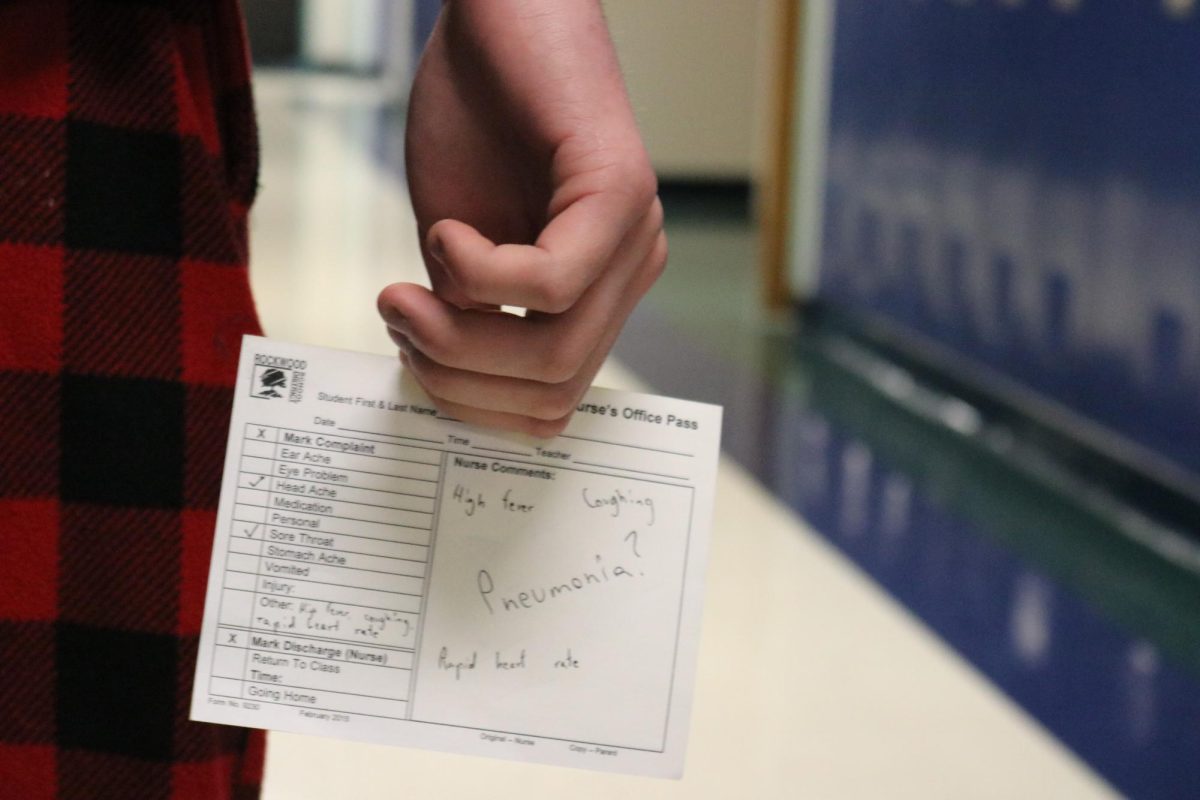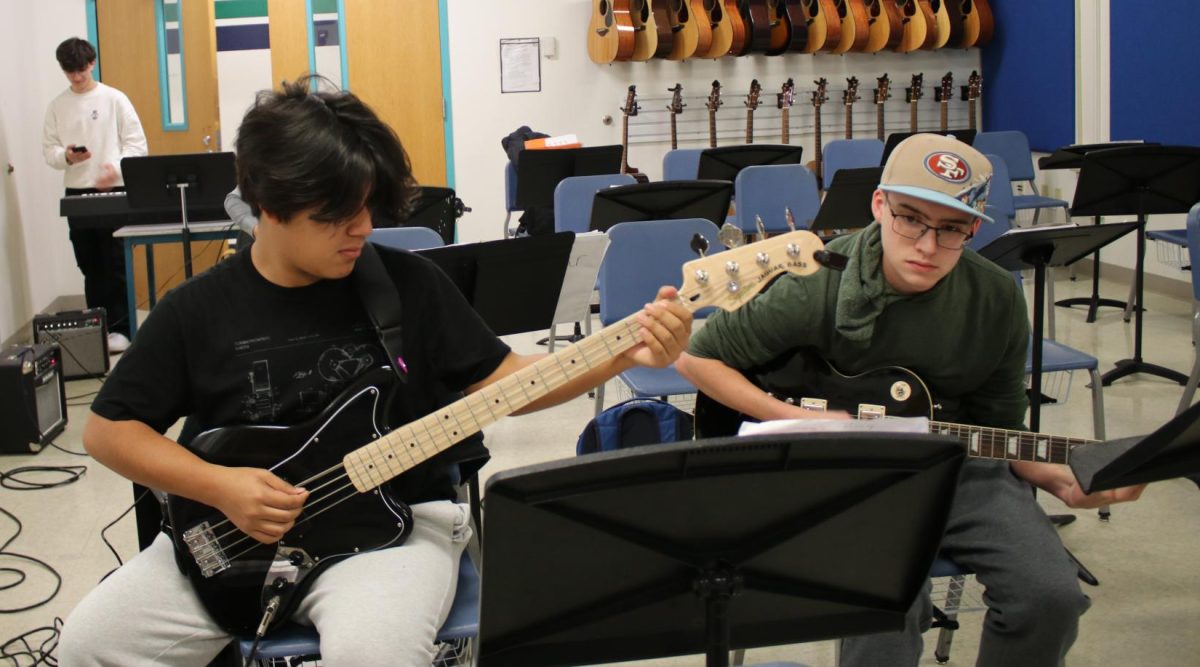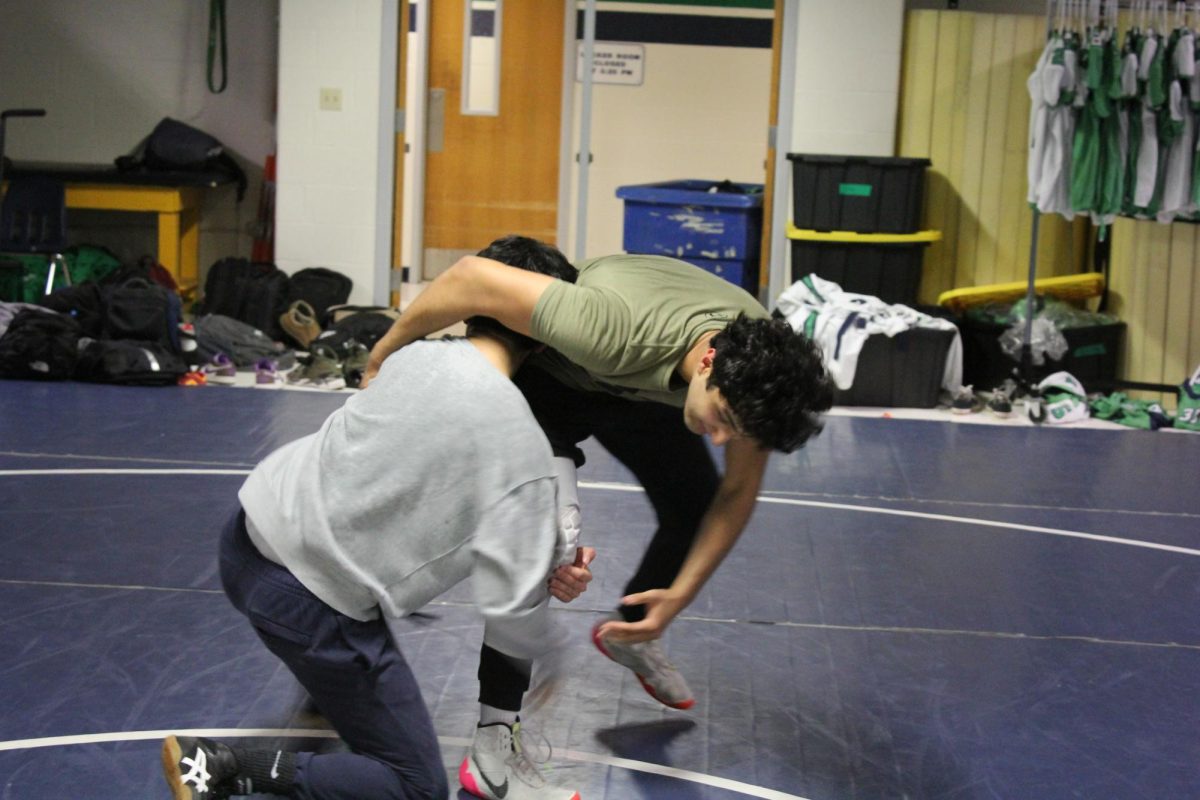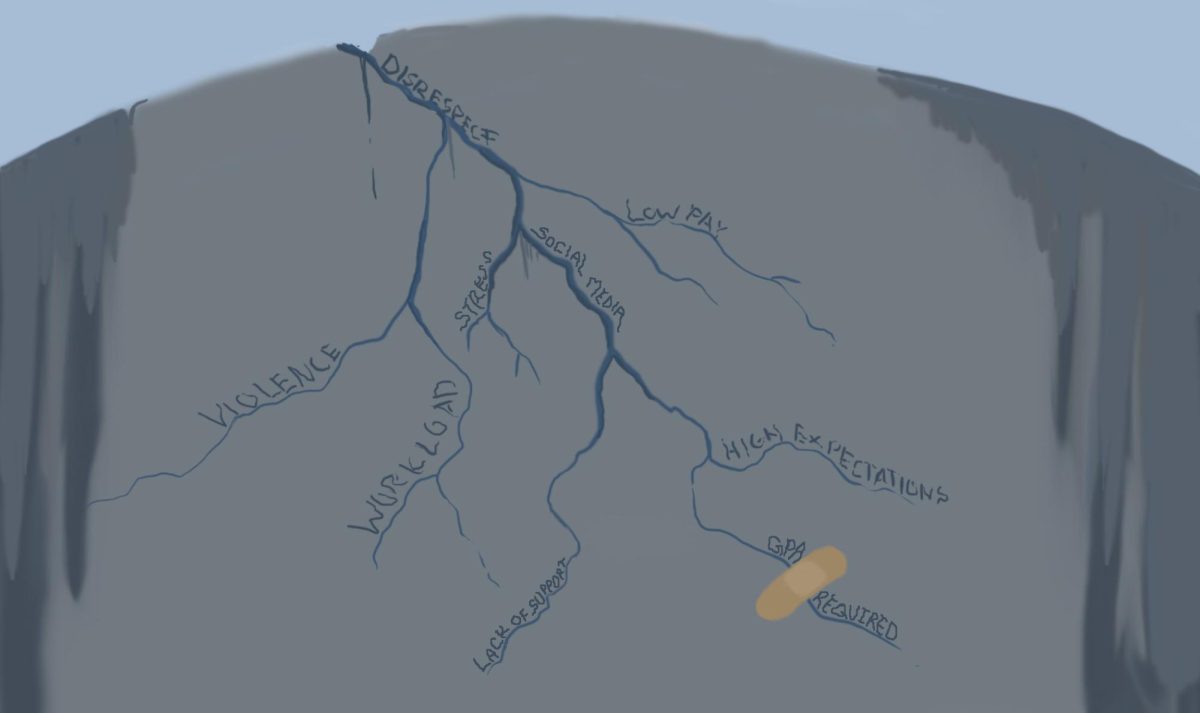New study reveal the dangers of football
November 30, 2015
Mujahid Abdel-Baset, junior, can’t recall many details from the day he suffered his concussion. The events of the first few weeks after the hit are a blur. But what sticks with him is the pain.
“I don’t remember anything about suffering my concussion,” Abdel-Baset said. “I felt really dizzy and couldn’t see. I felt like I was in a cloud. My head was hurting a lot.”
Concussions are a known part of the game of football and have been studied and dissected for the last 85 years. Scientists are just beginning to understand the harmful effects of Chronic Traumatic Encephalopathy (CTE), a degenerative neurological disorder understood to come about due to repeated hits to the head.
A recent study conducted by PBS showed that 131 out of 165 football players from the high school, college and NFL levels have shown signs of CTE, a damaging find for high school sports when considering that high school athletes have never been found to have CTE before.
The fears of researchers have been compounded by the closing of the football program at Maplewood High School, located just 25 miles from MHS.
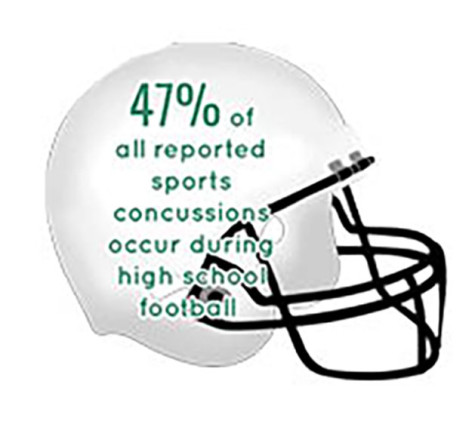
Matt Klein, head varsity football coach, said the Activities Department has taken all the precautions to run the football team in a safe and effective way.
“You have to be very smart in a lot of ways,” Klein said. “The way we practice. We do a great job of making sure our players are not overworked, and alert, and also have a working relationship with the trainer.”
Klein said the way to remedy concussion issues lies in the headgear.
“Our kids are in very good helmets,” Klein said. “We have a Five Star Helmet Program and we tell our parents to make sure to get only the best helmets for their kids. We feel really good about that and how we monitor the situation.”
The Five Star Helmet Program Klein referred to is a study done by researchers at Virginia Tech University, where helmets were ranked based on their ability to prevent concussions.
The program however, has its doubters. This includes Kevin Guskiewicz, a sports medicine researcher and Professor at the University of North Carolina at Chapel Hill.
“While the star rating system is helpful in better understanding which helmets may be most protective, it is important to recognize that helmets are not designed to prevent concussions.”
Guskiewicz said. “They are designed and tested to a standard that prevents catastrophic head injuries such as skull fractures and brain hemorrhages. They do a very good job of preventing these catastrophic injuries.”
Guskiewicz said the path toward making football safer lies in the diligence and player management of the coaches and administrators.
“We must ensure that players are taught and retain the proper skills to play the game safely,” Guskiewicz said.





